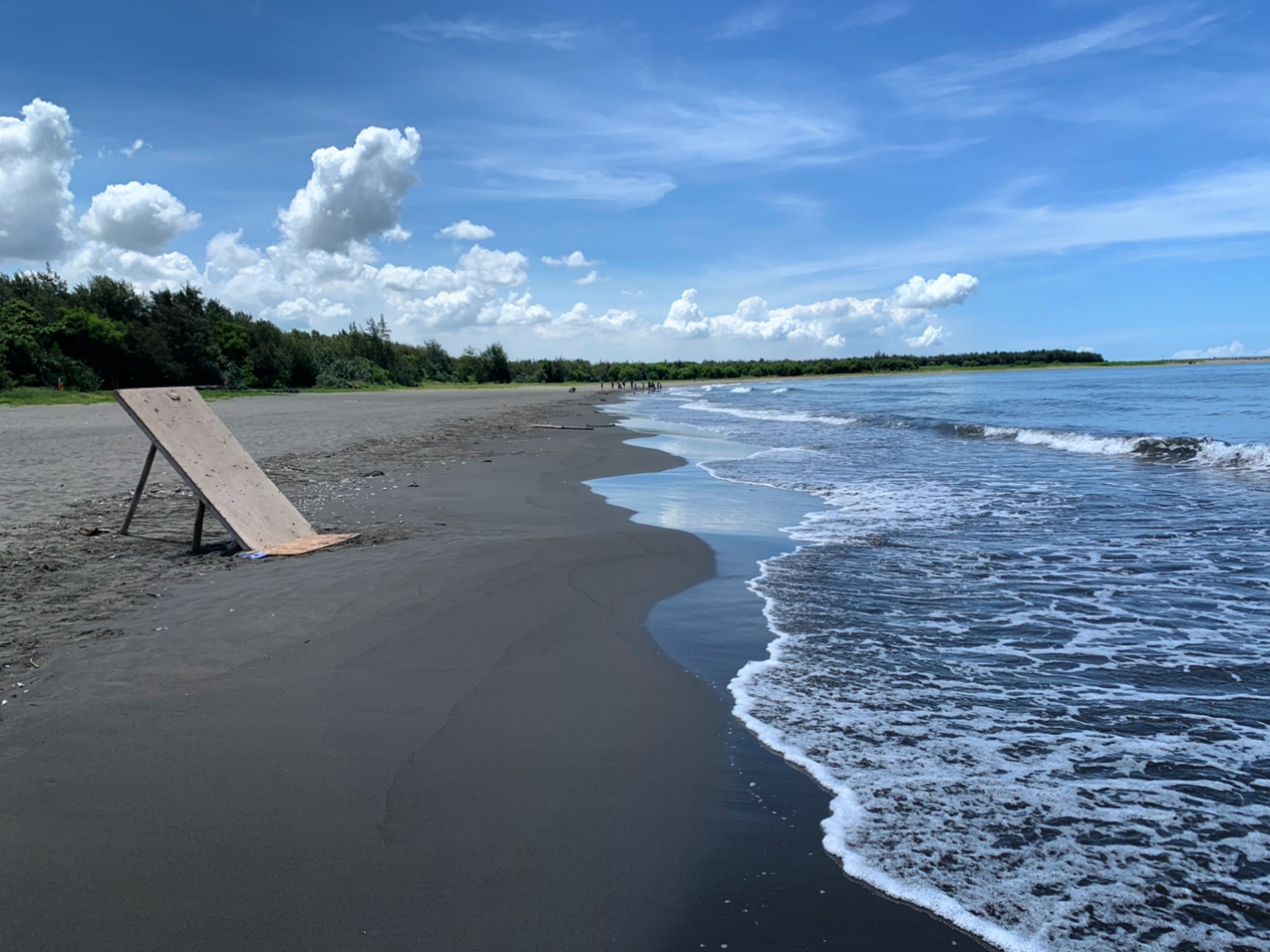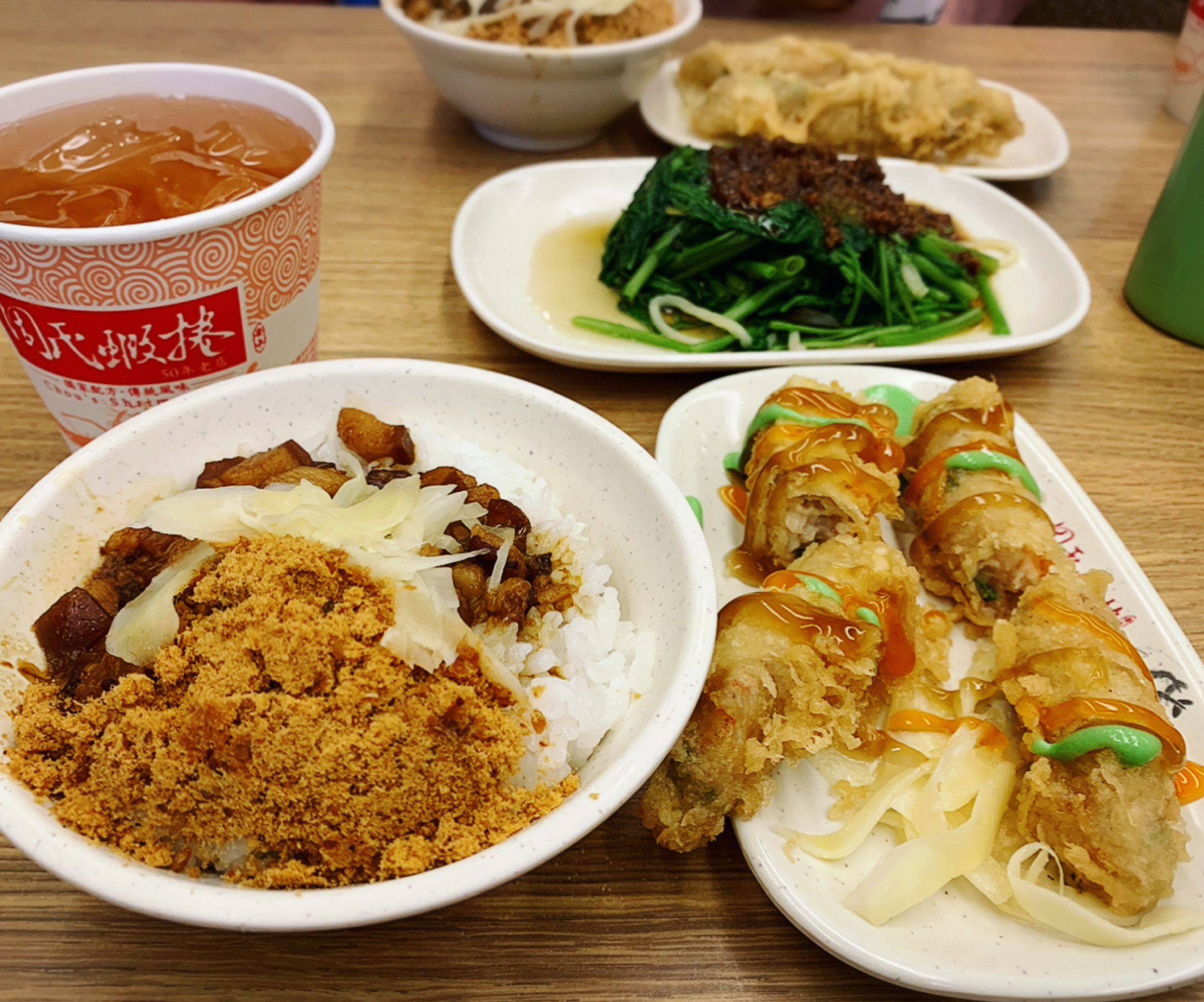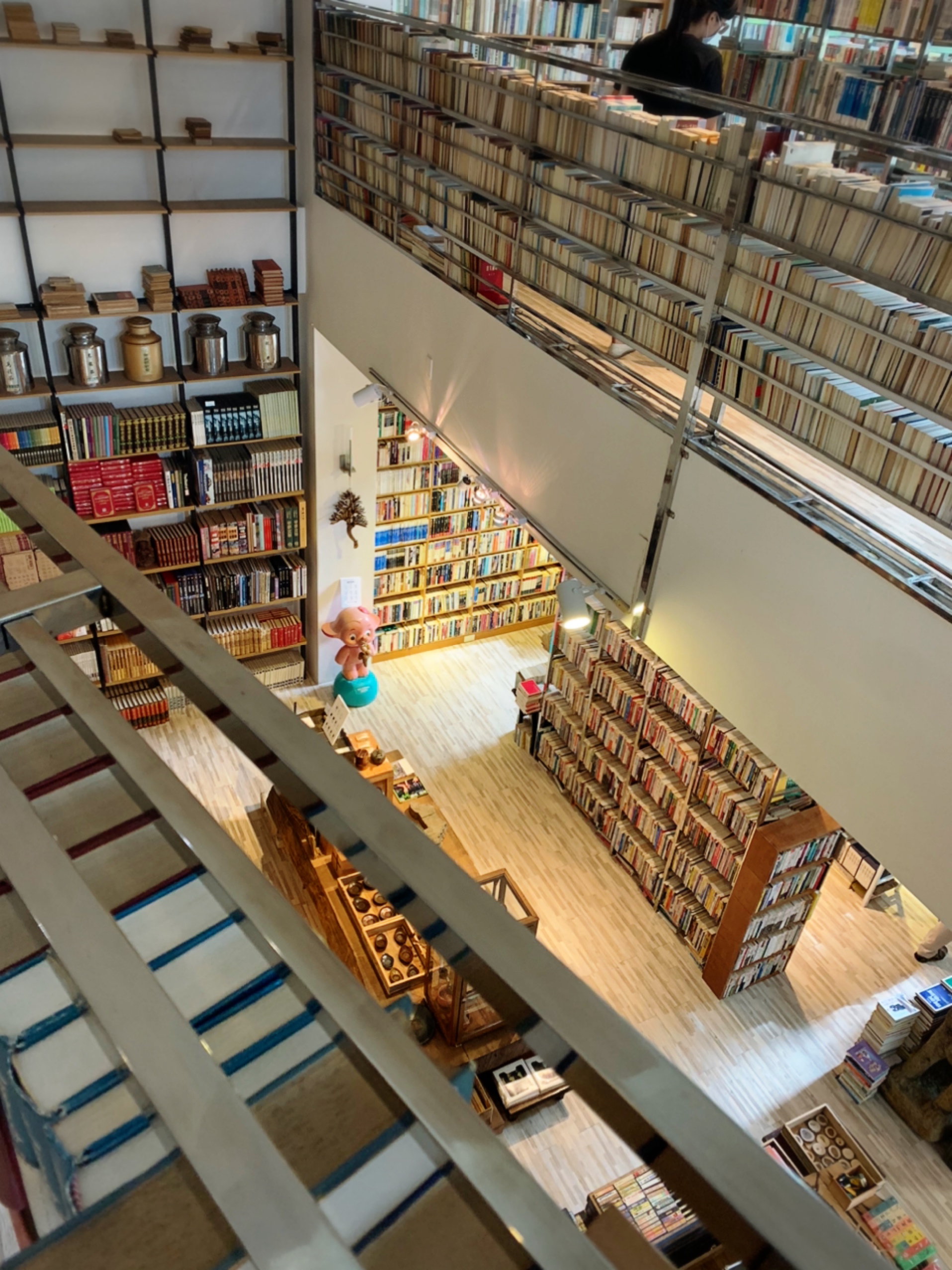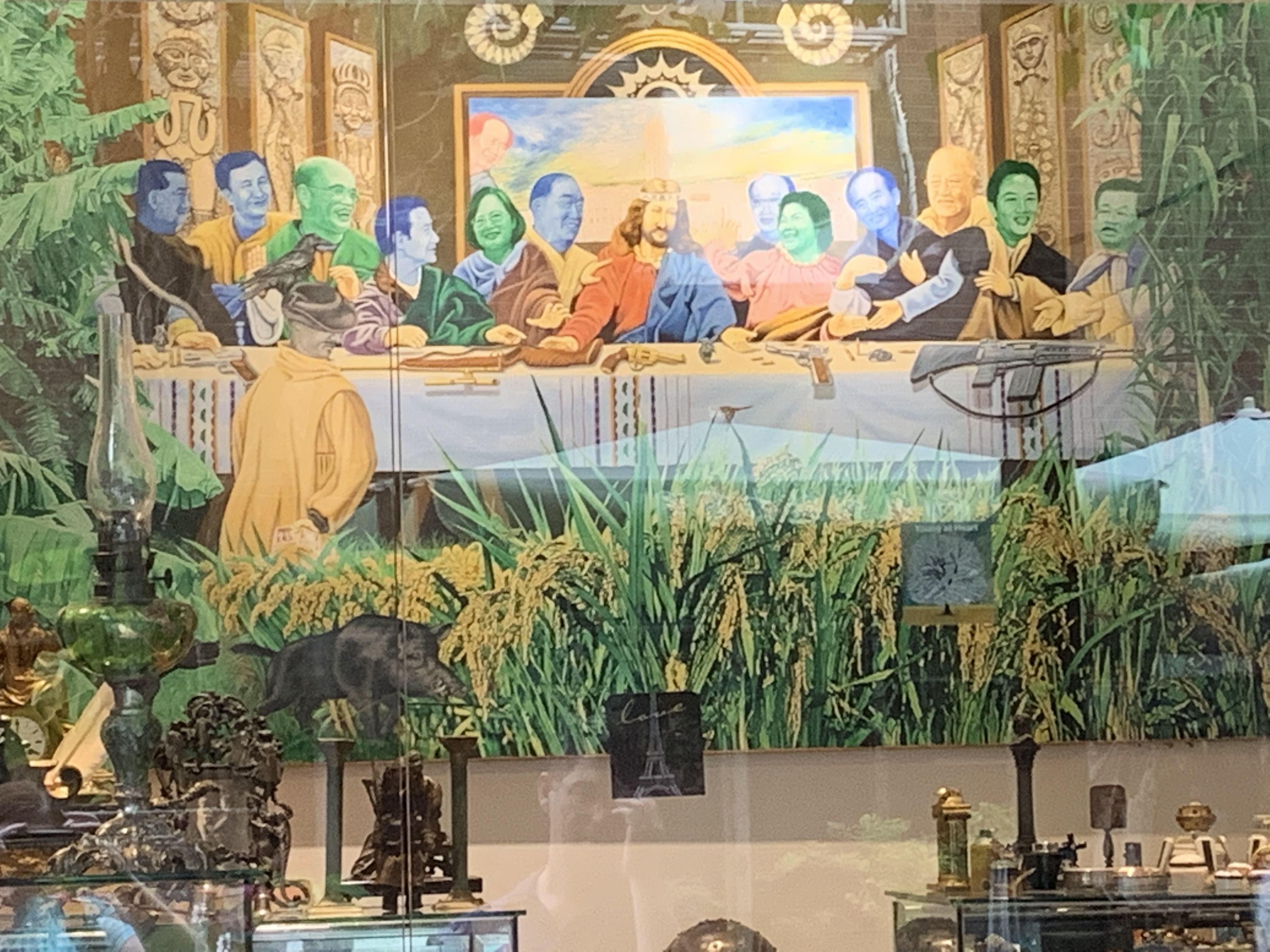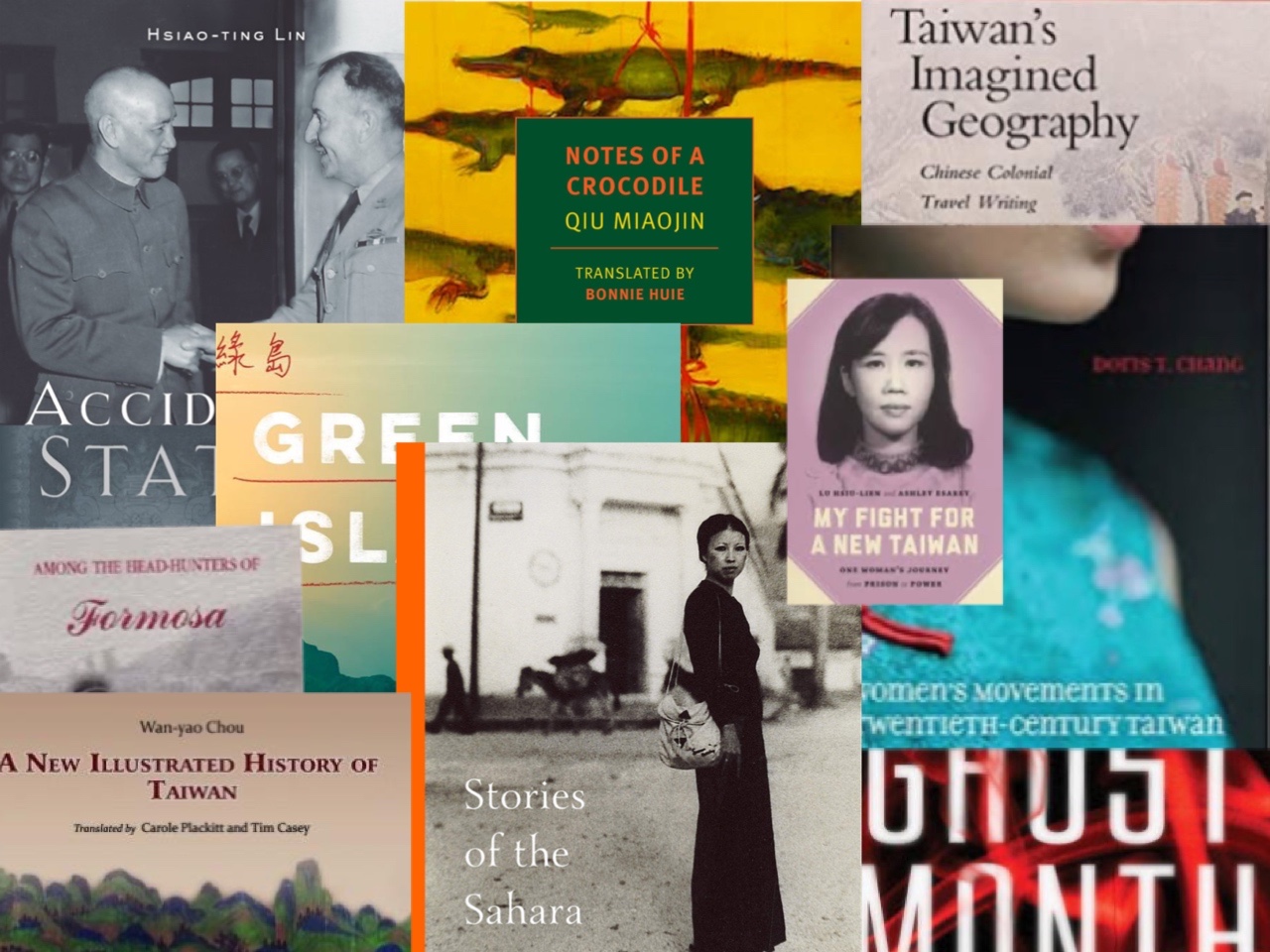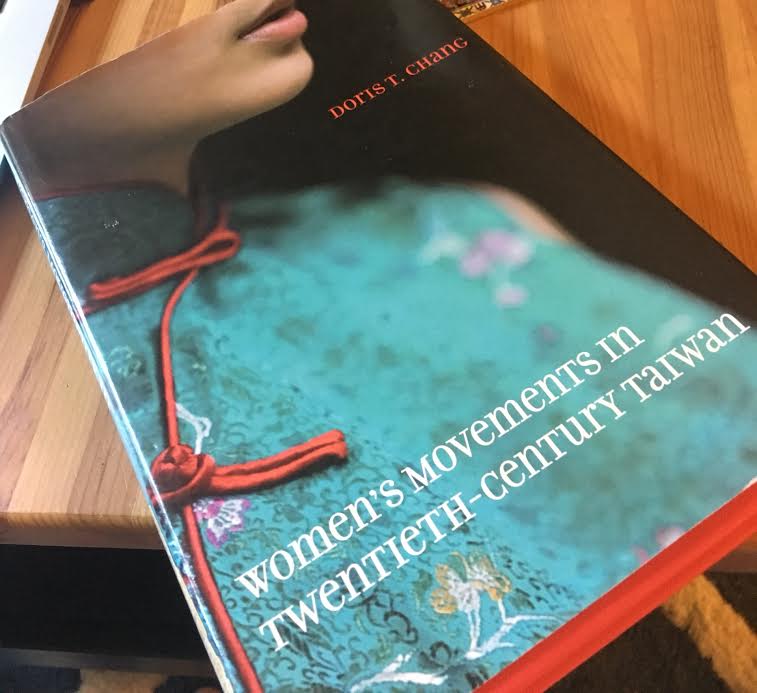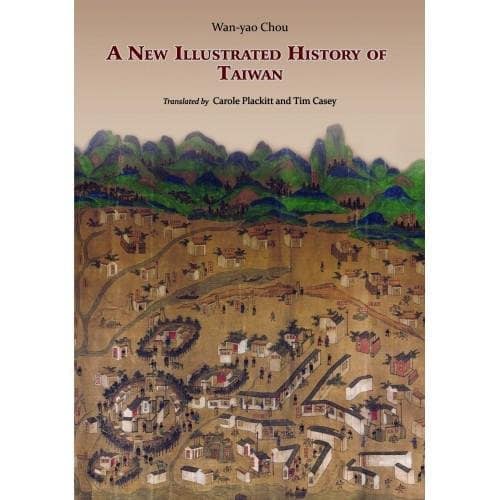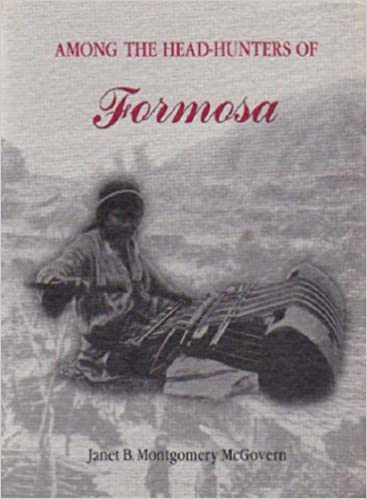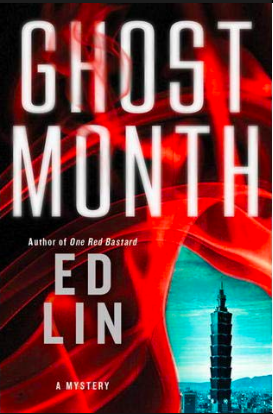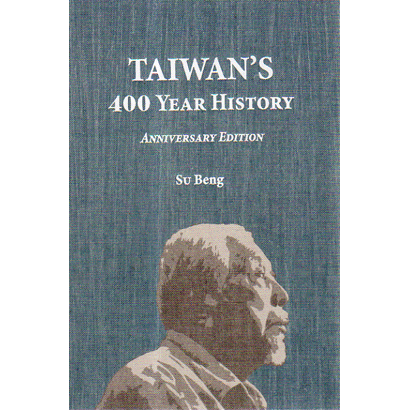I haven't done a book review in awhile. This was in part because of the dissertation (do you want a book review about intercultural communication in Taiwanese university language classes? Yeah, I thought not). But it was also partially because I read a series of novels, including Chiu Miaojin's Notes of a Crocodile and Last Testament from Montmartre and I had trouble getting started with reviewing those; I finally decided that I probably wasn't in a good position to do so. (If you're curious, I liked the former quite a bit, and the latter a great deal less.)
But I was excited to pick up Stories of the Sahara, which is as far as I know the first English translation of a writer who is a major name in Chinese literary circles, yet hardly known in the West.
Reading her work, it becomes clear how unfair that is.
The notes at the end say that Sanmao was asked to write about her experiences living in El Aaiún, the capital of the Spanish Sahara, toward the end of that era of colonial rule, and the first batch of writings made up Stories of the Sahara. As such, it somewhat non-chronologically covers her move to the area, her marriage to husband José, and toward the end, the end of Spanish rule of the area, civil unrest and claims by Morocco. Morocco claims it still, but the local Sahrawi wanted and continue to want sovereingty and it remains a disputed territory. It is a little hard to read, however, knowing that a few years after the events of these stories took place, José died in a car crash (a previous fiancé who had also died was not mentioned.)
The first thing that struck me about her work wasn't just the 'confessional' tone some reviewers have noted, though I agree. It was how different it was to both Chinese and Taiwanese literature I have read, which tends to be darkly ambiguous, highly metaphorical, and to be honest, quite meandering. Contrasted against this tendency, Sanmao comes across as crisp and dry, a strong but fizzy prosecco among a sea of murky stout. Her prose isn't just confessional, it's straightforward and engaging. Sentences don't wander, allusions don't meander. Her references are clear and contemporary to her work. This tone strengthens the content of her work, giving one a first-person, street-level view of life in the Sahara that carries both Sanmao's unique voice as well as rich -- but never mushy or sappy -- description of her surroundings. Typically in short story anthologies, not every piece holds my attention, but I found Sanmao's pieces more or less equally engaging.
It's easy to see why readers in Taiwan, especially adventurous young women, would read her work and dream of traveling -- and being -- like her. I get the impression that the 1970s was a time when some women were free to travel the world, especially women with parents as supportive as Sanmao's clearly were, but constraints on them were greater than those for men. That must have also been true in Taiwan, if not especially so given not just gender roles mired in conservative nonsense, but also the general lack of freedom from the government. (If I seem like I'm coming down hard on Taiwan, remember that this was also the era of Roe vs. Wade and American women winning the right to, say, have credit lines in their own name.) If I were a young woman in 1970s America and read a book by a woman traveling the world written in her own clarion voice, I'd be bewitched as well.
That's not to say I loved everything about the book.
The translator's note that Sanmao might come across as condescending or racist towards her Sahrawi neighbors in today's world rings true, though it's tempered somewhat by the instances in the book where she befriended them rather than judging them, and to an extent far greater than many non-locals in El Aaiún at the time. Some of her actions might be seen now as blatant cultural appropriation, but I doubt they would have been seen that way in the 1970s.
It's also interesting to me that, for a woman who upended gender expectations to leave Taiwan and live in northern Africa, she bowed to some pretty retrograde gender norms, as well. When José insisted that he would be the breadwinner, she settled with little complaint into a housewife's life. This was how she managed to get to the Sahara in the first place (though I'm not sure how she would have done it otherwise). In the story My Great Mother-in-Law, she speaks of her husband's mother as a being to wage war against, but that war seems to consist mostly of her, the daughter-in-law, subjugating and exhausting herself until the elder woman is pleased, while her husband enjoys a relaxing family holiday. To some extent, she relates this to Chinese cultural norms.
That sounds horrible, regardless of culture. Big fat no thanks on that one, Sanmao.
Although I had expected more day-to-day feminism from a feminist icon like her rather than some shockingly regressive ideas about how marriage works, I suppose uplifting women's voices doesn't always mean the things other women say are ideas everyone is going to agree with. I can't insist that Sanmao be the 70s bra-burner I want her to be (though bra burning was largely a myth) when the whole point is listening to her authentic voice, not my feelings about what she ought to say.
Finally, although I have absolutely no right to complain strongly about this, it was my hope that reading this book by a woman who grew up in Taiwan that international readers would, well, gain a deeper understanding of Taiwan as a distinct entity.
They won't. Sections that mention Taiwan or Sanmao's background always bring it back to China. Someone who didn't know a lot about Taiwan reading this would assume, from her writing, that Taiwan was just a part of China and culturally Chinese, because Sanmao names her home as Taiwan and talks about herself as Chinese.
I'm aware that this is a tad unfair. Sanmao was indeed born in China, it was the 1970s when Taiwan had no way of expressing any desires they may have had not to be considered part of China, and much of her work was published in the KMT-backing United Daily News. Generally speaking she didn't seem particularly interested in politics, instead focusing her gaze on people, culture and daily life. Given the era and her family background, it's no surprise that she'd take these beliefs as implicit truths. Regardless, it's hard to see how this could be handled differently, if the aim is to preserve Sanmao's words as accurately as possible in translation.
However, these are flaws worth overlooking for the curious reader. Stories of the Sahara is an engaging and worthwhile book with a prose style that diverges a great deal from other Taiwanese literature I have read. I do hope that Bloomsbury or another publisher put out more of her works in English in the future.



